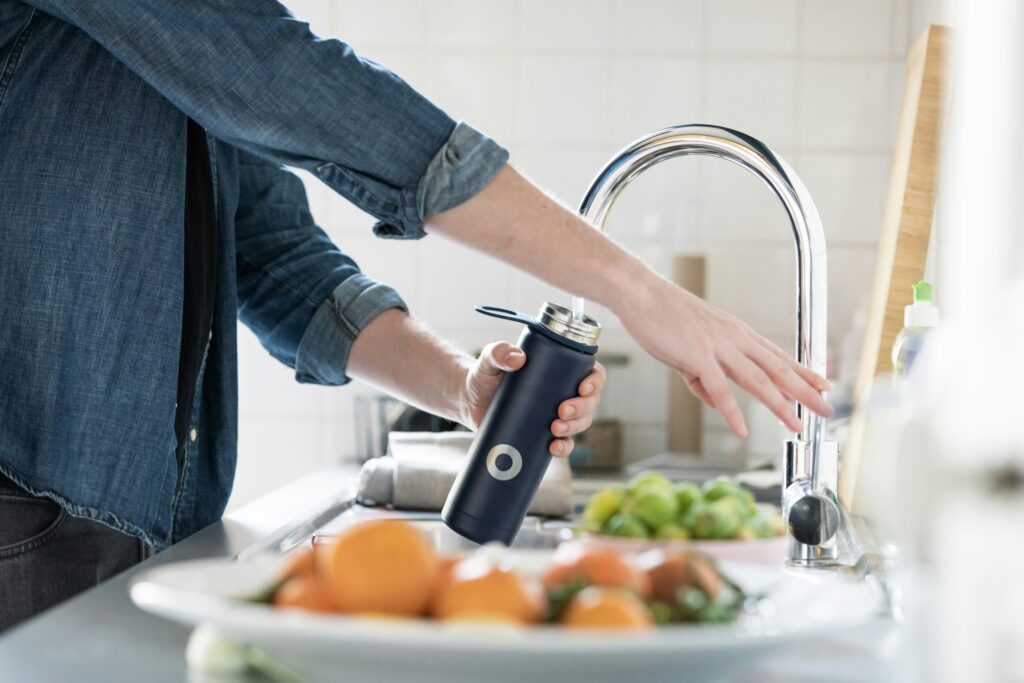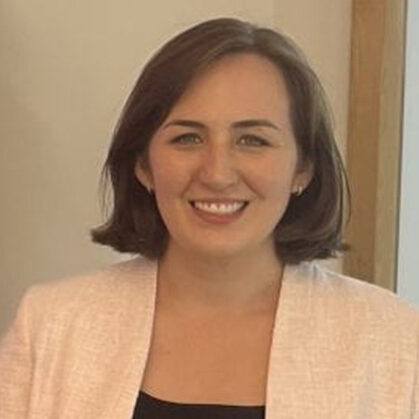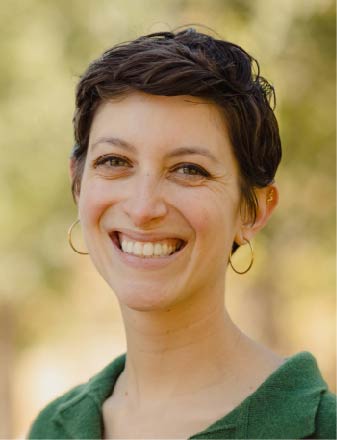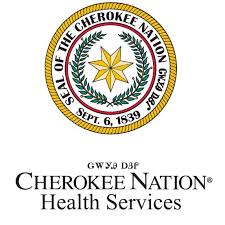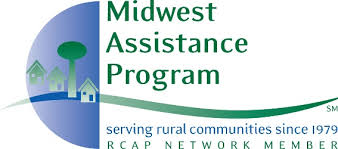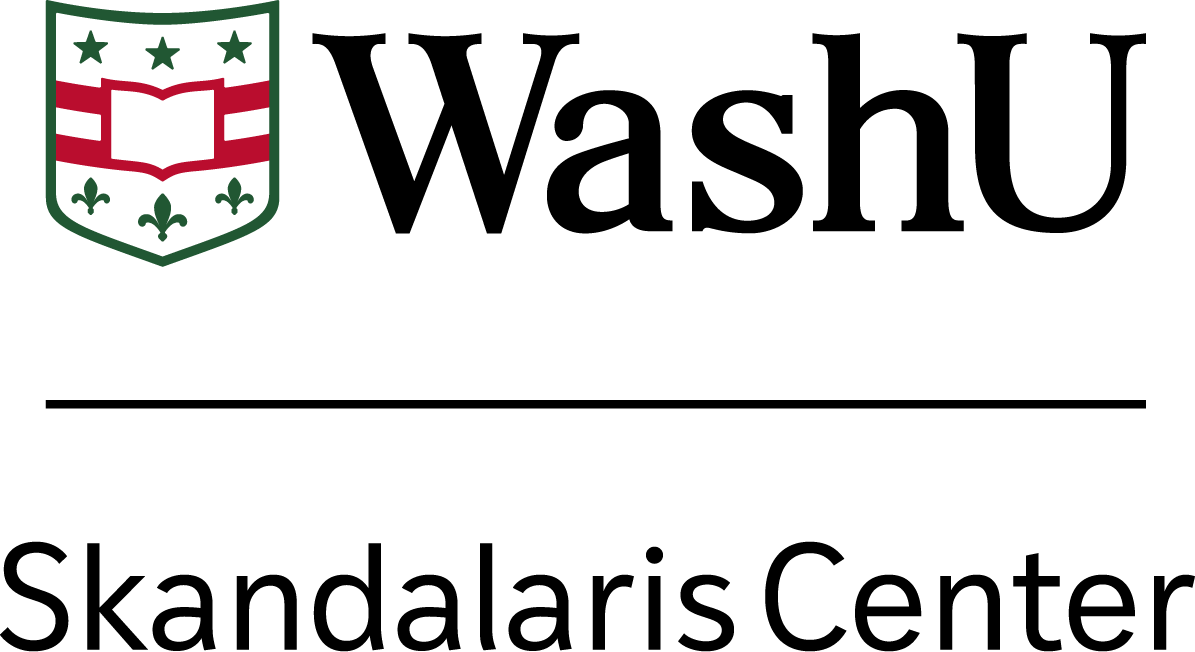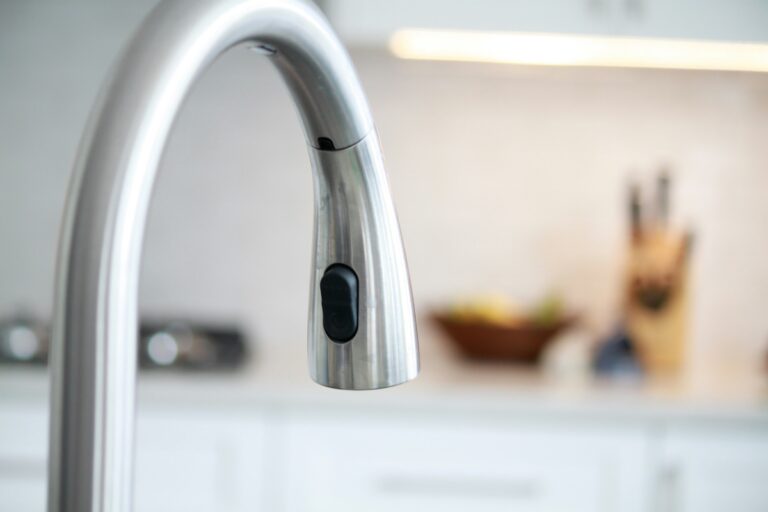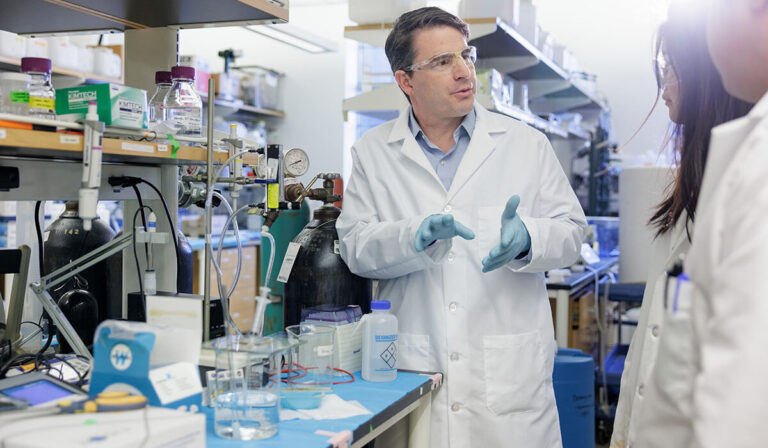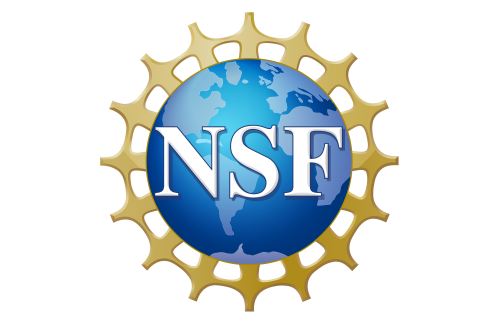Ensuring that our drinking water is safe and free from contaminants requires reliable monitoring of water quality. However, there are current gaps in the water quality monitoring framework that leave millions of Americans at risk of exposure to harmful contaminants in their drinking water. For example, the 23 million American households who receive their drinking water from a private well have no federal requirement to monitor their water quality. In the case of households served by public water systems, the existing monitoring framework is insufficient in detecting contaminants that enter the water after it leaves the treatment plant and travels through pipes into people’s homes.
Due to these gaps, new approaches for monitoring drinking water quality at the household level are needed by both public water systems entrusted with providing safe drinking water to their customers and by private well owners concerned about the health of their families.

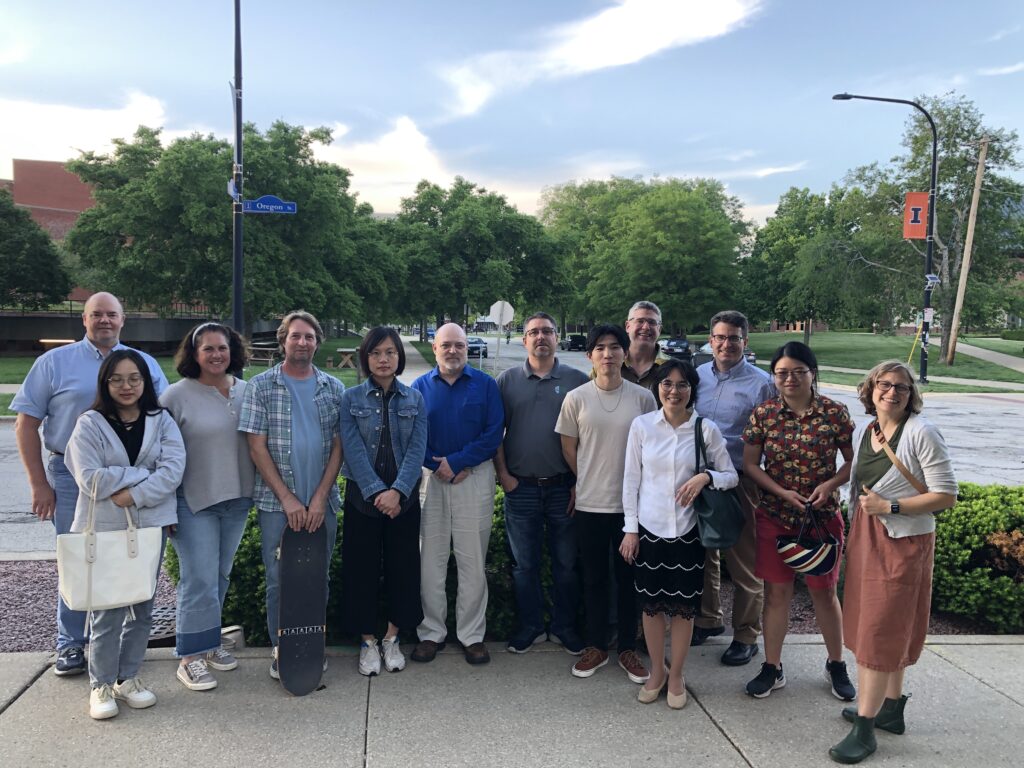
Our vision is to promote access to safe drinking water for all people through a simple, cost-effective, and equitable approach for monitoring water quality at the tap.
Trusted Tap is an NSF Convergence Accelerator funded project with a transformative approach to deploy commercially available point-of-use (POU) filters, as monitoring devices, in households. As these filters are used, they naturally collect contaminants from the water they treat. The Trusted Tap team has pioneered techniques to extract these contaminants from the filter so they can be analyzed in the lab.
Because a POU filter collects contaminants from all the water that passed through it, the extracted amount of the contaminant, when combined with the volume of water the filter treated (measured directly by the filter or estimated from water use trends), allows us to calculate a volume-averaged concentration. This reflects water quality over the entire duration of POU filter use, making this approach more advantageous over current water testing method of using a single, small-volume grab sample to capture water quality at one point in time.
Leadership Team

Daniel Giammar, WashU
Walter E. Browne Professor of Environmental Engineering & Director, Center for the Environment
Principal Investigator
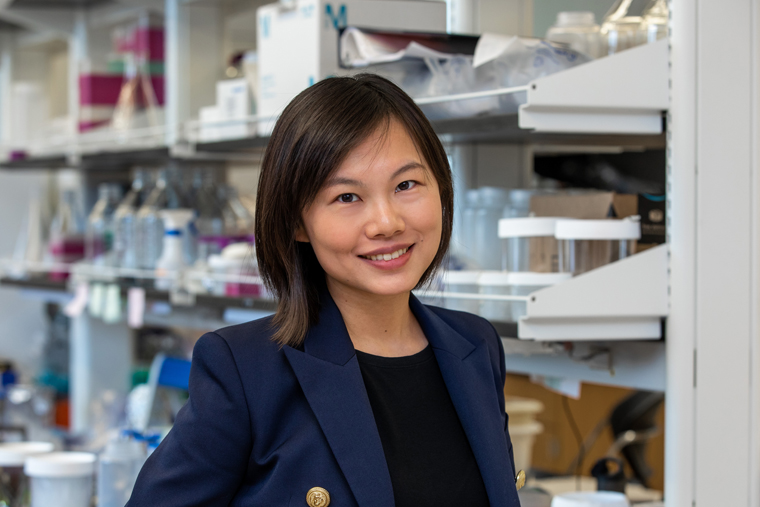
Fangiong Ling, WashU
Assistant Professor Energy, Environmental & Chemical Engineering
Co-Principal Investigator

II Luscri, WashU
Managing Director, Assistant Vice Provost for Innovation & Entrepreneurship, Professor of Practice in Entrepreneurship
Co-Principal Investigator

Kim Parker, WashU
Associate Professor of Energy, Environmental & Chemical Engineering
Co-Principal Investigator
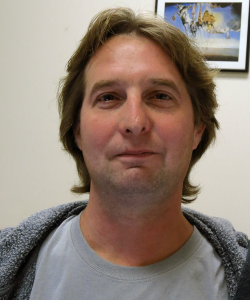
John Scott, University of Illinois
Associate Research Scientist, Senior Analytical Chemist
Co-Principal Investigator
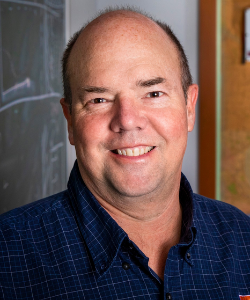
Steve Wilson, University of Illinois
Principal Research Scientist, Hydrology at the Illinois State Water Survey
Co-Principal Investigator
Community Partners
University Partners
Publications
- Johnson, Elizabeth R., Weiyi Pan, and Daniel E. Giammar, Capture and Extraction of Particulate Lead from Point-of-Use Filters, ACS ES&T Engineering, 2(11): 2058-2065, 2022.
- Pan, Weiyi, Elizabeth R. Johnson, and Daniel E. Giammar, Accumulation on and Extraction of Lead from Point-of-use Filters for Evaluating Lead Exposure from Drinking Water, Environmental Science: Water Research & Technology, 6: 2734-2741, 2020.
- Weiyi Pan and Daniel E. Giammar, Point-of-use Filters for Lead Removal from Tap Water: Opportunities and Challenges, Environmental Science & Technology, 56(8): 4718-4720, 2022.
- Wang, Zehua, Priya Gupta, and Daniel E. Giammar, Residential point-of-use (POU) filters can be used to monitor multiple metals in drinking water, Environmental Science & Technology, 59(41): 22202-22211, 2025.
Presentations
- Presentation at the Society of Environmental Toxicology and Chemistry (SETAC) Ozark-Prairie & Mid-South Joint Regional Meeting: “Assessing point-of-use carbon filters as passive sampling devices to monitor organic contaminants in drinking water” by Jean Brownell (PI: Kimberly Parker)
- Presentation at the Association of Environmental Engineering & Science Professors (AEESP): “Assessing point-of-use carbon filters as passive sampling devices to monitor organic contaminants in drinking water” by Jean Brownell (PI: Kimberly Parker)
- Presentation at the 11th Microbial Ecology and Water Engineering Conference: “An effective and reproducible sampling procedure for microbial communities with point-of-use activated carbon
filters” by Yirong Xu (PI: Fangqiong Ling)
Media
NSF grant funds collaborative water-safety innovation
University of Illinois scientists are developing a way for households to monitor the quality of their drinking water as part of a $5 million National Science Foundation-funded project led by Washington University in St. Louis.
Can we make drinking water safer?
This WashU program taps into a simple solution using household water filters to monitor and track safety.
WashU’s Trusted Tap will empower households to monitor water quality
Water utilities regularly monitor drinking water supplies. But once water enters the individual plumbing of households, there are no checks on what’s coming out of the tap.
Contact the team at:
This project has been funded through the NSF Convergence Accelerator –
